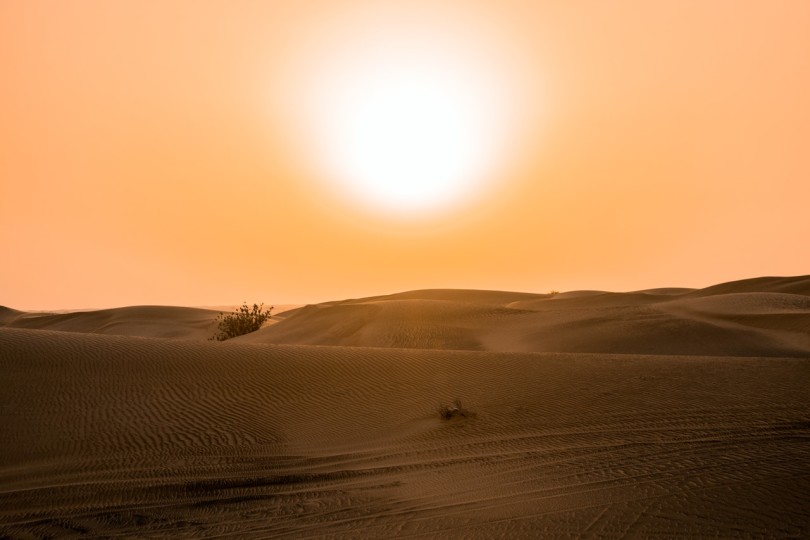How is the UAE encouraging people to rethink DESALINATION?
15 Apr 24
Enviro ChatThe Global News Source for the World of Science and Chemicals
21 March 2022
Enviro Chat
The progress made by Dubai in particular and the UAE in general over the last 50 years has been nothing short of gobsmacking. From a humble fishing port to the gleaming metropolis of today, the city has undergone a miraculous transformation in prosperity and popularity.
However, that progress has not come without its own price tag. Given that the UAE’s rapid development has largely relied on fossil fuels to power it, the surrounding environment has suffered. For a country that was already contending with arid soil and excessively hot conditions, the degradation brought about by its industrial activities has taken a particularly pronounced toll on its deserts. But what is the country doing to push them back?
In terms of landmass, the UAE is roughly the same size as Portugal. Unlike its Iberian counterpart, however, some 80% of Emirati territory is already desert – and the problem has only worsened in recent years. In 2002, for example, the country was believed to have around 290 square miles of arable land. In 2018, that figure had dropped to just 163 square miles, around 56% of the total from 16 years prior.
The encroachment of the desert has come as a result of nutritionally deficient soils, depleted water supplies and overstressed vegetation at the periphery of the sand. Indeed, agriculture is widely accepted as one of the most polluting industries on the planet, but in locations as inhospitable as the UAE, it can be especially detrimental to the land.
The Emirati authorities are very much aware that their reliance on fossil fuels in previous years is not only damaging to the planet, but unsustainable in the long term due to the increasingly urgent issues of global warming and climate change. Therefore, the government has already put in place a series of plans and proposals aimed at cleaning up its environmental profile.
With specific regard to battling desertification, one of the most high-profile of these projects was the One Million Trees initiative launched in 2010. Although it was meant to expand the volume of green spaces in Dubai and arrest the creep of the desert in its tracks, the venture was unfortunately a failure, with the land unable to sustain the trees past infancy.
While the One Million Trees operation did not provide the solutions intended, it did offer an excellent learning opportunity and the Emirati authorities remain committed to the forestation of their land. In order to give nature a helping hand in making the land more fertile, the UAE government is turning to technological solutions to the conundrum, such as liquid natural clay nanoparticles and cloud seeding.
Both of those initiatives are still in the development stage, but the UAE has shown in the past that it has the will to innovate and the financial muscle to back it up. Dubai, in particular, has poured significant resources into green start-ups and tech companies with an emphasis on sustainability. Through technological R&D (backed up by substantial investment), the UAE aims to provide a blueprint for other countries around the globe on how to push the desert back and boost the environmental credentials of its territory.
DOWNLOAD PDF

2 Day Seminar Program
@ ArabLab+ 2024
24 & 25 September 2024
Your stay in Dubai
Labkit
Product News
Chemkit
Product News
Thinking about exhibiting at ARABLAB 2024? Watch our video to find out more.
Join the world’s leading organisations…
Join our mailing list and receive the ARABLAB newsletter and event updates.